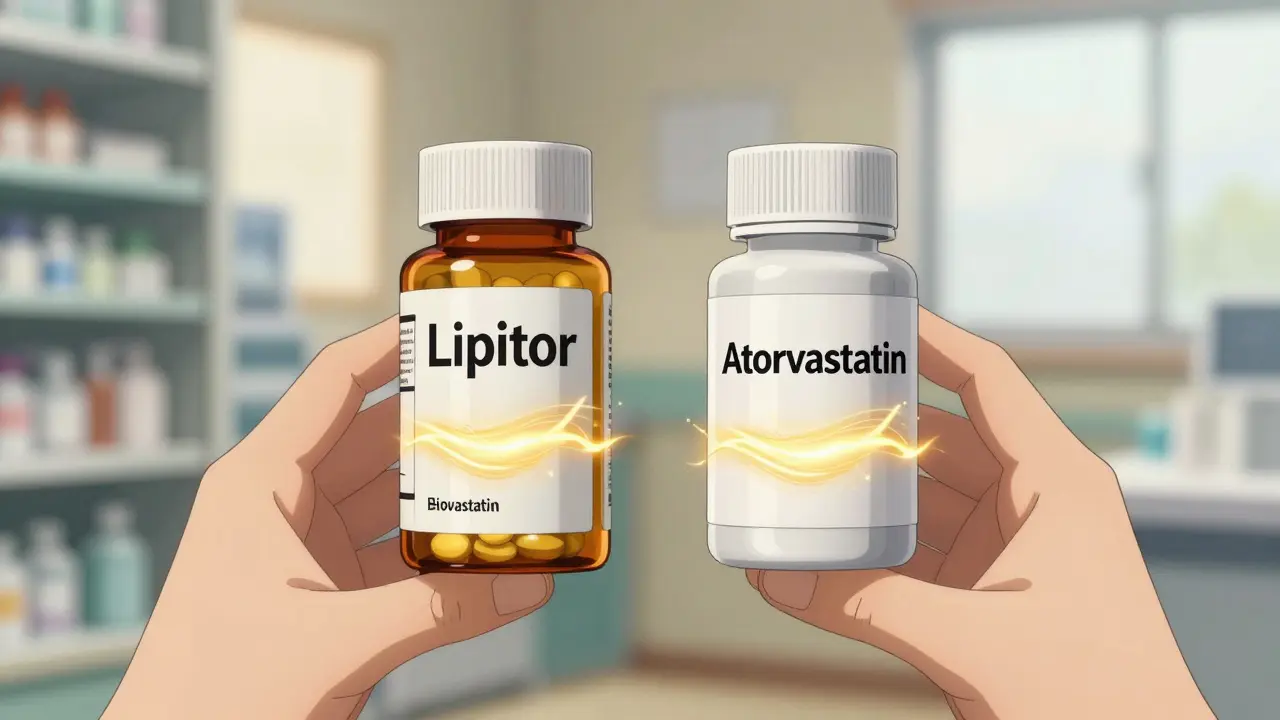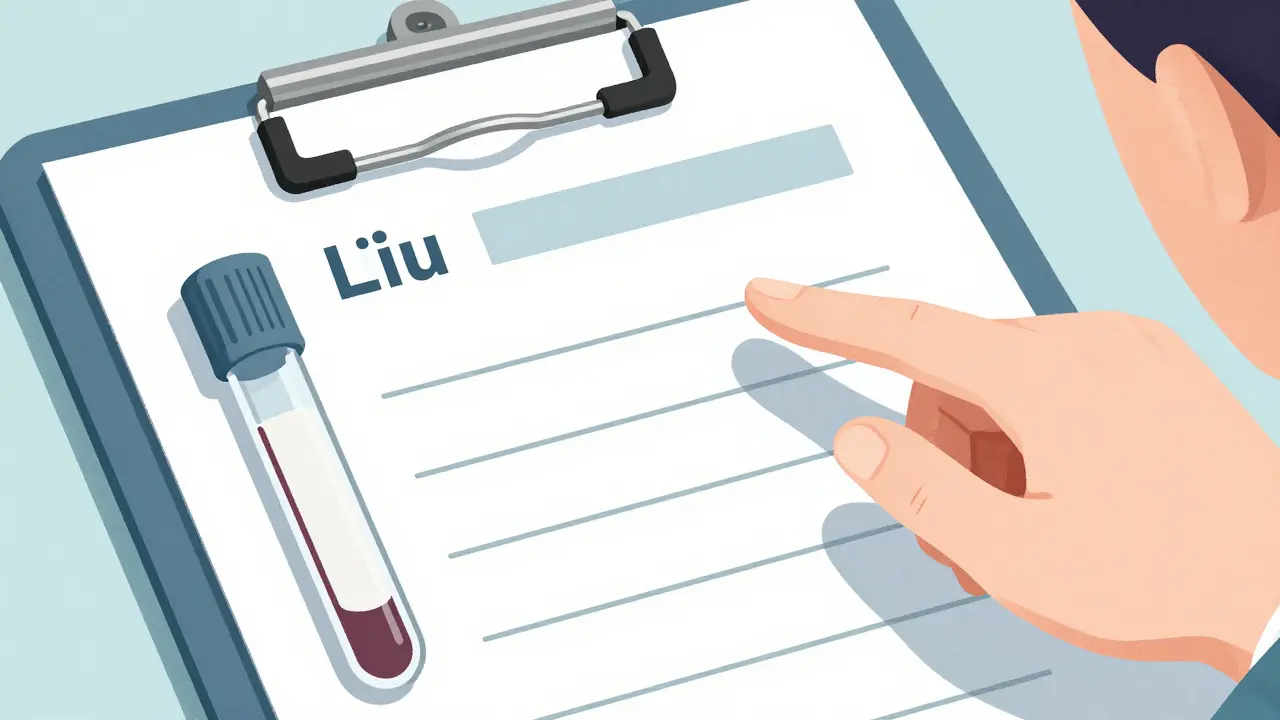Antioxidant Supplement Guide: Benefits, Types, and Buying Tips
If you’ve ever heard that “antioxidants are good for you” but aren’t sure what that means, you’re not alone. Antioxidants are molecules that help neutralize harmful free radicals in the body. Free radicals can damage cells and speed up aging, so many people turn to supplements to boost their antioxidant intake.
While you can get antioxidants from fruits, veggies, and nuts, a supplement can fill the gap when your diet falls short. Below, we break down why people use antioxidant supplements, which types are popular, and what to watch out for.
Key Benefits of Antioxidant Supplements
First off, antioxidant supplements are known for three main benefits. They may reduce oxidative stress, support immune function, and protect skin from premature aging. Studies show that vitamins C and E, as well as plant extracts like green tea, can lower markers of inflammation after regular use.
Second, many athletes and fitness fans take antioxidants to aid recovery. After a hard workout, free radicals spike, and a dose of resveratrol or quercetin can help muscles bounce back faster.
Finally, some research links high antioxidant intake with a lower risk of certain chronic diseases, such as heart disease. That doesn’t mean a pill will replace a healthy lifestyle, but it can be a useful addition.
Choosing the Right Antioxidant Supplement
Not every antioxidant supplement is created equal. Here’s a quick checklist to help you pick a product that actually works:
- Look for standardized extracts. This means the manufacturer guarantees a specific amount of the active ingredient, like 95% curcumin in turmeric capsules.
- Check the dosage. Too little won’t give you benefits; too much can cause side effects. For example, high doses of vitamin E may increase bleeding risk.
- Prefer reputable brands. Look for third‑party testing from groups like USP or NSF. It reduces the chance of fillers or mislabeled ingredients.
- Consider your diet. If you already eat a lot of berries, you might not need a supplement high in anthocyanins.
- Watch for interactions. Antioxidants can affect medication metabolism. Talk to a pharmacist if you’re on blood thinners or chemotherapy.
Common antioxidant supplements include vitamin C, vitamin E, selenium, co‑enzyme Q10, and plant‑based blends (green tea, grape seed, rosemary). Each has its own strengths, so match the supplement to the benefit you’re after.
When you start a new antioxidant, begin with the lowest recommended dose and see how you feel. Most people notice a subtle boost in energy or clearer skin after a few weeks. If you experience stomach upset, try taking the pill with food or switching to a different form, like a capsule instead of a tablet.
Remember, supplements are just that—supplemental. Keep eating a colorful diet, stay active, and get enough sleep. Together, these habits plus a well‑chosen antioxidant can help you feel better and protect your cells.
Got more questions? Check out our other articles on specific antioxidants, like “Lemon Verbena Supplements for Weight Loss” or “Autumn Crocus: Science‑Backed Benefits.” They dive deeper into individual ingredients and give you practical tips for daily use.

European Buckthorn Supplement: The Complete Health Guide
Discover the full health potential of European buckthorn as a dietary supplement - benefits, dosage, safety, and how it stacks up against other popular nutrients.




